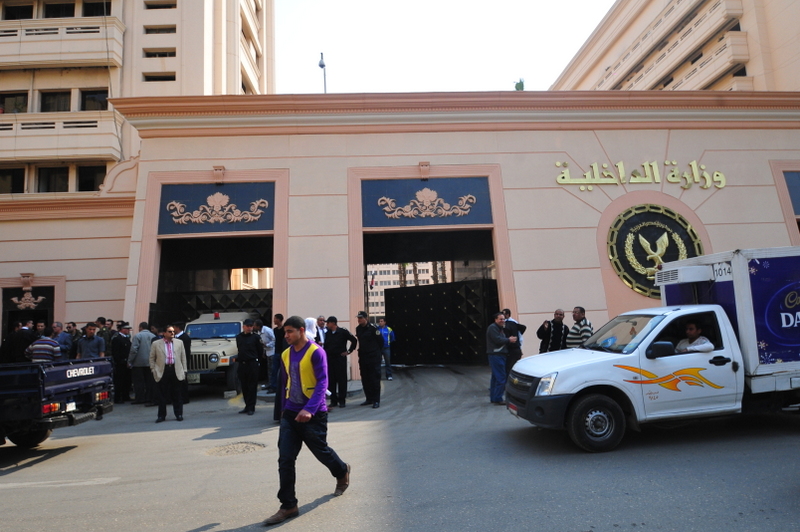CAIRO: Change we can believe in? It’s the slogan that might just make Barack Obama America’s 44th president, but the American Chamber of Commerce is hoping that it will inspire transformation in the Egyptian marketing industry.
The marketing committee of the American Chamber of Commerce held a conference for marketing executives Tuesday titled “The Search for the President: Marketing Tactics of the US Presidential Campaign.
The event was designed to draw lessons from Barack Obama’s groundbreaking internet marketing strategy and discuss their application to the world of Egyptian marketing.
Headlining the event were Maha Aboulenein, managing director of Organizational Consultants Inc., and Peter Greenberger, team manager of the Elections and Issue Advocacy Group at Google.
“How do we get the most [exposure] while spending less? summarized AmCham Marketing Committee Chairman Hisham Ezz El-Arab in his introductory remarks.
Ezz El-Arab, stressing the importance of the internet in modern marketing, noted that 80 percent of Europeans in a recent survey said television ads had become irrelevant. He also noted that an estimated 46 percent of Americans will consult the internet in deciding how to cast their vote for president.
Aboulenein presented the findings of a “case study she conducted at the Democratic National Convention, which she attended in August. The message of her speech instructed marketing executives in Egypt to use the internet as a tool of empowerment and democratization.
“His whole campaign is not about him, it’s about two words: hope and change, she said, explaining that buzz words like those were tools to empower supporters. “They’re trying to drive emotions. They’re trying to drive brand values, she added.
She also addressed how the Obama campaign used the internet as a democratizing agent.
“They don’t want to be in control of the distribution of the message; they want other people to distribute the message for them, she said.
In this way, the campaign has deputized millions of supporters to volunteer on their behalf.
Obama’s media team, she added, has used the internet to drive the M’s: message, money and mobilization.
“People want to have a voice, she said. “These strategies we can use in Egypt to customize [marketing] and make it personal.
Greenberger, who flew in from the United States specifically for this event, followed Aboulenein’s talk, speaking about Google’s role in marketing to Egypt’s 9 million-something internet users.
“In the United States, the internet has really moved from the periphery of our lives, he said, “to the center of our lives.
He also noted that campaigns use the internet for five main purposes: raising money, defining their candidate and their opponent, persuading undecided voters, expanding the electorate, and measuring success.
The internet has become so important in achieving these five goals, noted Greenberger, that even when the McCain campaign was out of money last summer, it kept advertising on Google.
In summarizing the changing dynamics of technology in marketing in the US, Greenberger noted that this election has been dubbed the first “internet election.
Whether Egyptian marketing firms can translate Obama’s success into their own remains to be seen. What is certain, though, is that they have a good model to follow in the Obama campaign.


